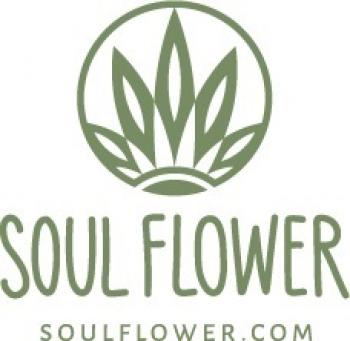Recycling has been used for years by companies in an attempt to reduce their negative impact on the environment. Recently, many businesses have been turning to upcycling to achieve this goal in an alternative and more impactful manner.
What is recycling?
Recycling primarily entails breaking down old items into their raw materials to create new items, such as plastic, glass, paper, etc. Recycling is an incredibly important process that people use to reduce the negative impact of new production on the environment. This is a common method of helping the environment that many people learned as kids, along with reusing and reducing their consumption of goods. Most of our waste is discarded in a landfill or incinerator, but recycling offers a different option for materials to be used again. Depending on the material being recycled, there can be a need to use new or "virgin" materials along with the recycled ones to meet quality standards for a product. For example, certain amounts of new plastic (depending on the product) are used in manufacturing along with the recycled plastic.
What is upcycling?
Similar to recycling, the process of upcycling takes previously used products and converts them into new products. However, unlike recycling, upcycling reduces, and in many cases eliminates, the need for additional energy and natural gas consumption in the supply chain. Also, upcycling strives to not use new materials to improve the finished product. Upcycled objects are of equal or greater quality and value than the original. An example of upcycled fashion products would be when a company takes the cloth from old rice or flour bags and turns it into shirts, headbands, etc.
Is one better than the other?
Recycling occurs in a plant and requires energy to break down products. It is a more responsible method of managing discarded materials than burying them in a landfill or burning them. However recycling does require resources to carry out, unlike upcycling, which ideally occurs without adding strain to the environment as products are reused from its original state, and don’t need to be broken down. So, there is no need for excess energy consumption when upcycling. Also, people can upcycle at home, with few or no additional tools or cost. And as a reminder, typically the most environmentally preferable option is reducing waste at the source before either upcycling or recycling would occur.
How can small businesses get involved?
Many businesses are incorporating upcycling as a part of their efforts to have a more green/sustainable business model. Honest Tea and Clif Bar are two companies that utilize the services of TerraCycle in an effort to provide upcycling options for their consumers. TerraCycle offers a range of recycling and upcycling programs for companies and individual consumers to participate in. Honest Tea’s Honest Kids drink pouches are part of a program in which a consumer can send the pouches to Terra Cycle, where they will be cleaned, sanitized and used for other purposes, such as being sewn into backpacks. Clif Bar is part of a similar program, where the consumer can send their used granola bar wrappers (and other Clif Bar product containers) to TerraCycle for free to be repurposed into different products, like shoes or shower curtains. Both of these programs offer incentives for the consumers, which encourages them to continue participating.
Businesses can also upcycle as part of their merchandise creation, instead of outsourcing their used products to be upcycled. Soul Flower Organic Clothing has a selection of upcycled clothes which are made from unwanted materials, such as the plastic from old soda bottles, which are turned into fibers to make shirts and sweaters. While upcycling is an environmentally beneficial option, recycling still has many benefits and is far more useful in sustainability efforts than throwing things into the trash. We're pleased to see more businesses moving towards sustainability in these and even more ways.
Along with helping you live green, for over 40 years, Green America has been working for safe food, a healthy climate, fair labor, responsible finance, and social justice.





